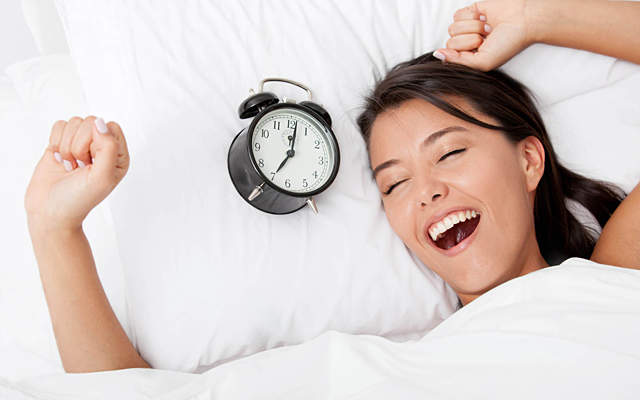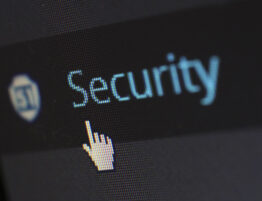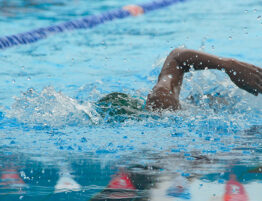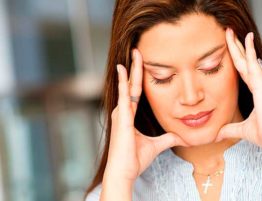
Many cases of unexplained mild tiredness or fatigue are usually not due to any serious underlying conditions and can be self managed. Mild fatigue is usually short lived and is easily overcome by some simple remedies. Common causes include not getting enough sleep, a poor diet and other lifestyle factors.
Always consult a health professional if the fatigue is more than mild and longer term has no other more serious symptoms such as;
- weight loss
- associated pain
- blood loss from your bowel or heavier periods
- loss of appetite
- feeling depressed or overly anxious.
Use these self-help tips to restore your energy levels for mild fatigue.
Eat a little more often
A good way to keep up your energy through the day is to eat regular meals and healthy snacks every three to four hours, rather than a large meal less often.
Get exercise
You might feel too tired to exercise, but regular exercise will make you feel less tired in the long run and you’ll have more energy. Even a single 15-minute walk can give you an energy boost, and the benefits increase with more frequent physical activity.
Start with a small amount of exercise. Build up your physical activity gradually over weeks and months until you reach the recommended goal of 150 to 300minutes of moderate-intensity aerobic exercise, such as cycling or fast walking, every week.
Lose weight
If your body is carrying excess weight, it can be exhausting. It also puts extra strain on your heart, which can make you tired. Lose weight and you’ll feel much more energetic. Apart from eating healthily, the best way to lose weight is to be more active and do more exercise.
Get enough sleep
It sounds obvious, but two-thirds of us suffer from sleep problems, and many people don’t get the sleep they need to stay alert through the day. Some recommendations on getting a good night’s sleep include: go to bed and get up in the morning at the same time every day, avoid naps through the day, and have a warm bath or shower before bed.
Reduce stress
Stress uses up a lot of energy. Try to introduce relaxing activities into your day. This could be working out at the gym, or a gentler option such as listening to music, reading or spending time with friends. Whatever relaxes you will improve your energy.
Talk about it
There’s some evidence that talking therapies such as counselling or cognitive behavioural therapy (CBT) might help to fight fatigue. See your doctor for a referral for talking treatment.
Cut out caffeine
Anyone feeling tired should cut out caffeine. The best way to do this is to gradually stop having all caffeine drinks (and that includes coffee and tea and cola drinks) over a three-week period. Try to stay off caffeine completely for a month to see if you feel less tired without it.
You may find that stopping caffeine gives you headaches. If this happens, cut down more slowly on the amount of caffeine that you drink.
Drink less alcohol
Although a few glasses of wine in the evening helps you fall asleep, you sleep less deeply after drinking alcohol. The next day you’ll be tired even if you sleep a full eight hours.
Cut down on alcohol before bedtime. You’ll get a better night’s rest and have more energy. The recommendation is that men and women should not regularly drink more than two standard drinks a day.
The Australian standard drink contains 10g of alcohol (equivalent to 12.5ml of pure alcohol).
Drink more water
Sometimes you feel tired simply because you’re mildly dehydrated. A glass of water will help do the trick, especially after exercise.






